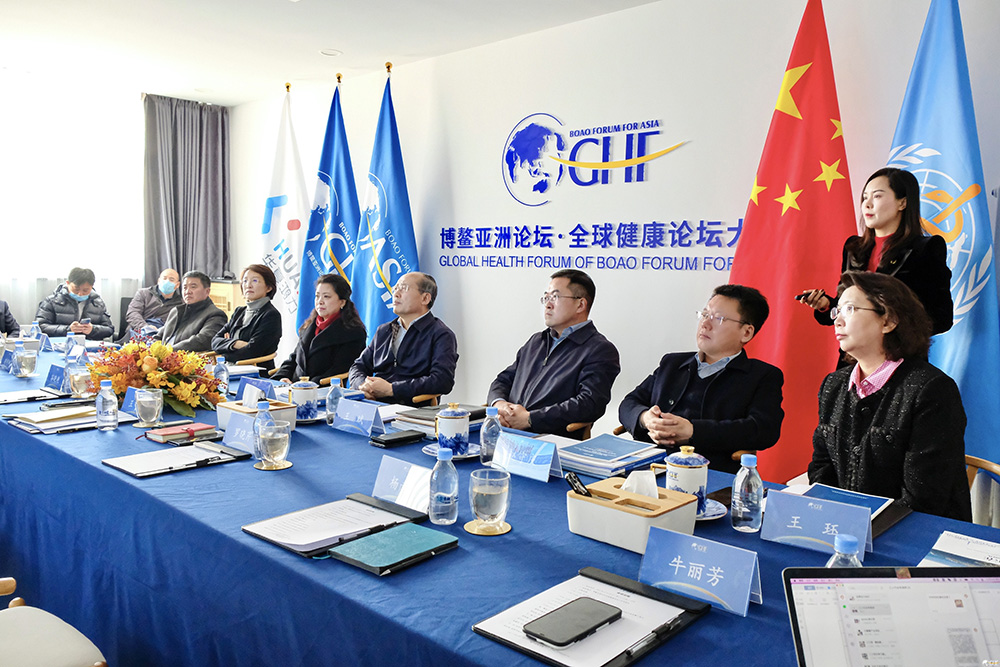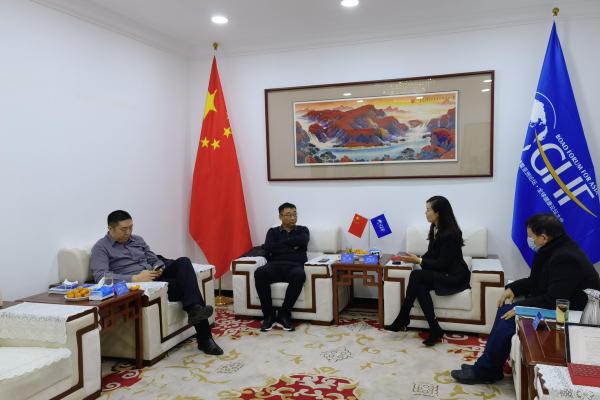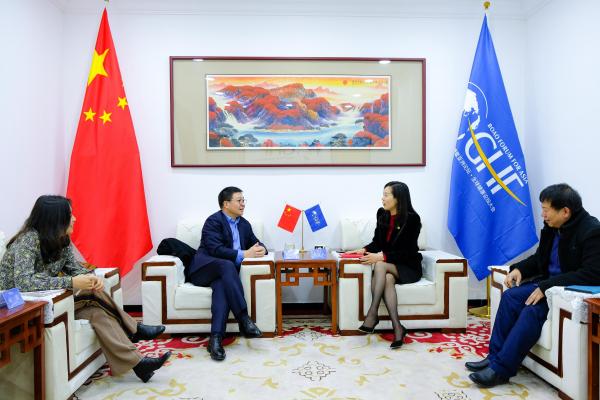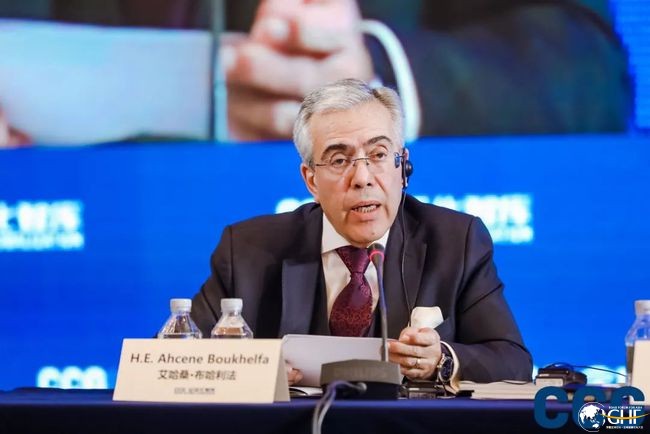
Ahcene Boukhelfa
Ambassador of Algeria to China
During its 20 years of existence, the BFA has provided a platform for high-level dialogue between Asian political leaders, private companies, universities and other organizations to discuss, exchange and develop ideas and views on economic, social, environmental and related issues.

Indeed, the conferences, seminars and workshops that have been regularly organized by the Forum have provided an opportunity for open and comprehensive discussion of important issues related to economic and social development in Asia and the world, including finance, trade, investment and environmental concerns.
" The enriching and deepening debates and exchanges that took place within the Forum made it possible to identify the problematic issues of economic and social development in Asia, to highlight the opportunities for regional economic cooperation, to put forward many valuable "Boao proposals", to actively contribute to building consensus in Asia, and to promote economic globalization."
The Boao Forum has closely accompanied the economic boom that Asia has experienced over the past 20 years. The growth gap between Asia's emerging markets and developed markets has narrowed in recent years.
The Asian region has become the largest recipient of foreign direct investment in the world, with a share of about 40% of the global total. Asia is also the preferred destination for venture capital due to the attraction of advanced technologies such as robotics, 3D printing and artificial intelligence.
Among the advantages of the Asian economies are the favorable demographics and rising skill levels. Asia is now home to half of the world's population, and its working-age population is expected to grow by 10% between 2015 and 2030. The growth of the labor force implies many benefits, such as increased competition for jobs, low labor costs and better margin potential for companies.
Asia has a fast-growing middle class, which supports the region's consumer trends. According to OECD forecasts, Asia will account for 66% of the global middle class, which will reach 4.9 billion people in 2030.
With the rise of the middle class, Asia's share of world consumption is expected to reach 40% in 2040, thanks in particular to a trend facilitated by the continuous integration of technology.
With rapid economic growth, capital flows and a growing middle class, Asia is already considered a major economic power that is expected to play an even greater role on the world stage. This economic weight is also felt in the business sector, as more than a third of the Fortune 500's largest global companies are now based in Asia.
The Covid-19 pandemic caused a slowdown in emerging economies in Asia. According to the latest forecast by the Asian Development Bank, the gross domestic product of developing countries in Asia is expected to contract by 0.7% in 2020, a first in six decades. But observers are optimistic that Asia's economic growth will gradually resume by 2021.
" I am convinced that the Boao Forum will actively contribute with the exchanges and debates which it regularly organizes in order to put forward concrete proposals for the resumption of economic and social development in Asia."
In this respect, I am convinced that the Boao Forum will actively contribute with the exchanges and debates which it regularly organizes in order to put forward concrete proposals for the resumption of economic and social development in Asia.
Over the past 20 years, the Boao Forum for Asia has also accompanied the remarkable growth of the Chinese economy and the pursuit of the policy of reform and openness. At the annual conference in 2018, which coincided with the 40th anniversary of the launch of the policy of reform and openness, Chinese President Xi Jinping delivered a keynote speech reaffirming China's commitment to significantly relax market access conditions, create a more attractive investment environment, strengthen the protection of intellectual property rights and take the lead in increasing imports.
The Boao Forum has always been a platform for the exchange of ideas, views, and experiences between different Asian governmental and non-govemmental actors and others. Focused on Asia and turned towards the world, the forum can also accompany the economic and social development in other regions and continents, especially those that are linked by a special relationship to Asia such as the African continent.
Linked by millennia-old multidimensional exchanges, the Asian and African continents have been establishing a special solidarity since the fifties of the 20th century, a solidarity that crystallized at the Bandung conference of 1955 and whose spirit of "solidarity, friendship, cooperation" still guides relations between the two continental groups, particularly with regard to the coordination of positions within international organizations in order to protect the interests of developing countries.
The Belt and Road Initiative, to which the majority of Asian and African countries have adhered, will undoubtedly further connect the economies of the two continents. Support from the Boao Forum for the promotion of economic cooperation between Asia and Africa would undoubtedly be of major interest.
My country, Algeria, has maintained a traditional friendship with the Asian continent since the armed struggle for independence between 1954-1962. The 1955 Bandung conference gave strong political support to the Algerian people in their anti-colonial struggle, and the group of Afro-Asian countries supported the Algerian cause at the United Nations. Many Asian countries recognized the provisional government of the Algerian Republic before the independence of our country, such as the People's Republic of China, the Democratic People's Republic of Korea, Mongolia, Vietnam, Indonesia, Pakistan, Iraq, Syria, Saudi Arabia, Jordan and Kuwait.
Algeria and China are connected by a traditional friendship that dates back to December 1958 when the two countries established diplomatic relations, at a time when Algeria was not yet independent.
Since then, bilateral relations have been exemplary in all aspects, all the more so as our two countries always reiterate their attachment to the same principles on the international scene and their constant concern to advance toward the consolidation of their bilateral cooperation.
The two countries maintain political consultation at the highest level, notably through visits and bilateral contacts between leaders and senior officials.
The friendship between Algeria and China should be further strengthened after the juncture of the pandemic in the wake of the consolidation of the comprehensive strategic partnership established in 2014.
The five-year plan of the comprehensive strategic partnership for the years 2014-18 has made it possible to continue high-level political exchanges and the coordination of positions on the international scene, to develop economic cooperation and to promote cultural and people-to-people exchanges.
Regarding economic relations, China has been Algeria's largest trade partner since 2013, and their annual average global trade volume exceeds $8 billion.
Similarly, Chinese enterprises have strengthened their presence in Algeria and participated in Algerian development programs, especially in the field of infrastructure such as highways and housing construction, as they were granted different public development projects for more than $70 billion in the last 20 years.
Nevertheless, Chinese companies should seize the ongoing shift of the Algerian economy and improvement of the business climate in Algeria to set up more production capacities in Algeria, especially now that the two countries have established a comprehensive legal framework.
Bilateral cooperation has also been expanded in the fields of science, technology and space, particularly with regard to the launch of the first Algerian telecommunications satellite Alcom Sat 1 from China on Dec 11, 2017.
Currently, the two countries are evaluating the results of the five-year plan for the years 2014-18, before concluding a new five-year plan of the comprehensive strategic partnership for the years 2020-24.
The Belt and Road Initiative is an opportunity to strengthen cooperation between Algeria and China, particularly with regard to infrastructure connectivity and investment intensification.
Algeria, as an important partner of China in Africa and the Arab world, will play a key role in the implementation of this initiative, given its geographical location, its economic potential and its diplomatic weight.
Prospects for Algerian-Chinese cooperation are ambitious after the pandemic, both bilaterally and within the framework of the Belt and Road Initiative.

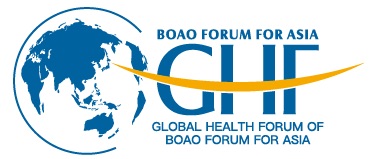

 Viewpoints
Viewpoints
 Partner application
Partner application Download
Download Hot News
Hot News
